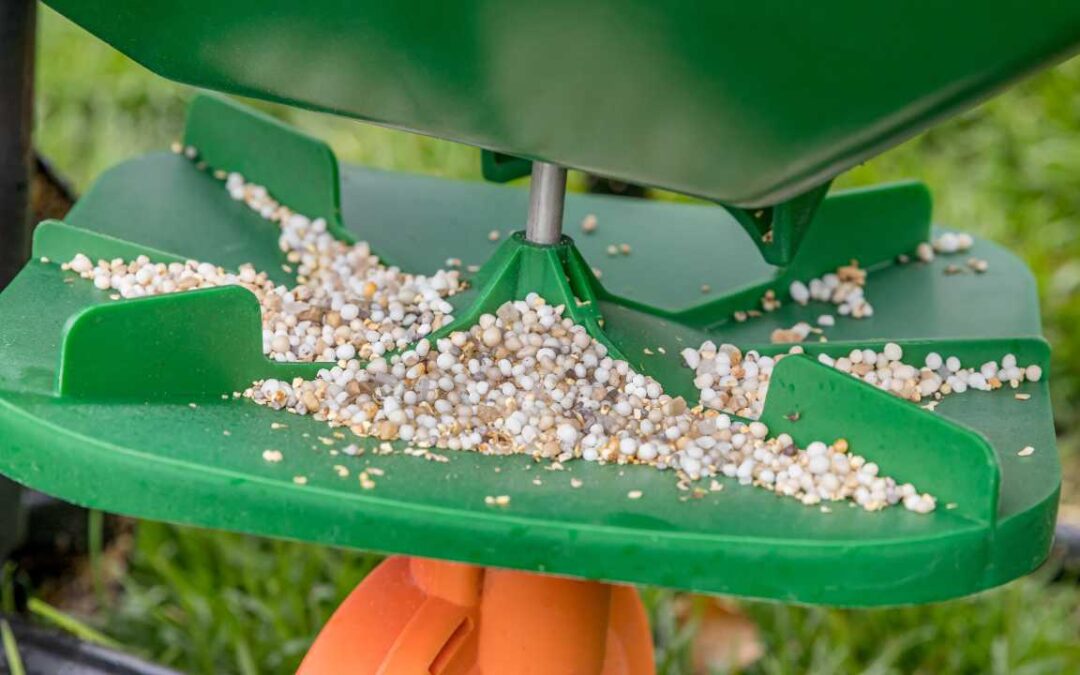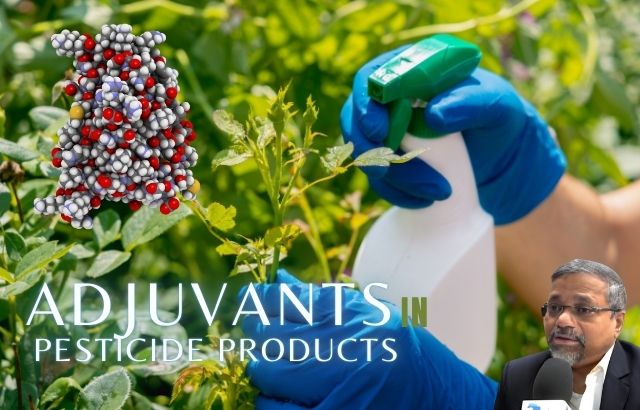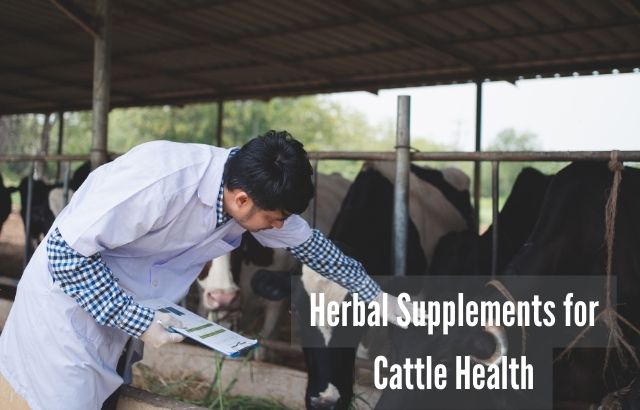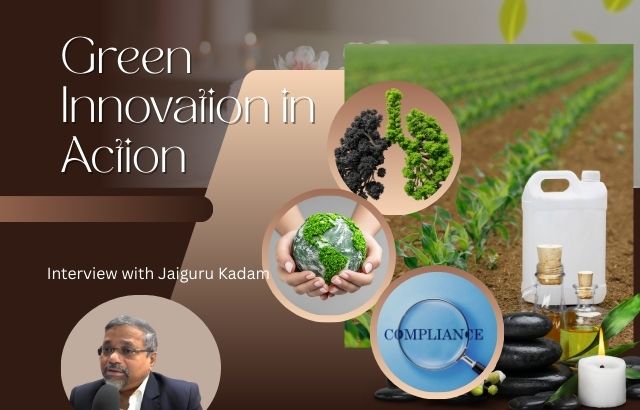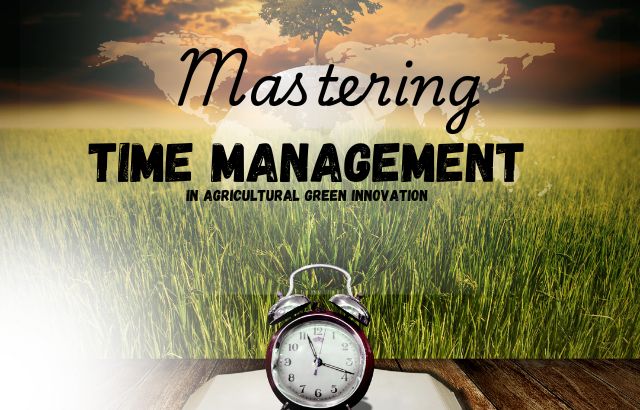As the demand for organic produce continues to rise, the spotlight on sustainable farming practices has never been brighter. In the realm of organic agriculture, the use of herbicide safeners has emerged as a key player in ensuring a healthier and more environmentally friendly food supply chain. In this blog post, we will delve into the significance of herbicide safeners in organic farming practices and their impact on the farm-to-table journey.
The Essence of Organic Agriculture:
Organic farming is rooted in a commitment to environmental stewardship, biodiversity, and the health of both consumers and the planet. This holistic approach involves eschewing synthetic chemicals, such as conventional herbicides, in favor of more natural and sustainable alternatives. Herbicide safeners have become instrumental in maintaining weed control while adhering to the principles of organic agriculture.
The Green Revolution in Weed Control:
Traditional herbicides, though effective, often come with a suite of environmental concerns. Their non-selective nature can harm beneficial organisms, degrade soil health, and contribute to water pollution. In contrast, herbicide safeners offer a green alternative that aligns with the ethos of organic farming:
- Selective Weed Management: Herbicide safeners are designed for targeted action, selectively tackling weeds while leaving other plants unharmed. This ensures that organic crops can thrive without compromising the integrity of the ecosystem.
- Minimized Environmental Impact: Green herbicides are often biodegradable, reducing the risk of soil and water contamination. This minimal environmental impact is crucial for preserving the delicate balance of organic farming ecosystems.
- Preservation of Soil Health: Organic agriculture places a strong emphasis on soil health, considering it a foundation for sustainable farming. Herbicide safeners contribute to this by minimizing soil disruption, allowing beneficial microorganisms to flourish and supporting overall soil fertility.
The Impact on the Food Supply Chain:
The farm-to-table journey is a critical aspect of sustainable agriculture, emphasizing local production, reduced transportation, and fresher, more nutritious food. The role of herbicide safeners in this journey is multifaceted:
- Localized Production: By promoting organic practices with the help of herbicide safeners, farmers can contribute to localized production. This not only reduces the carbon footprint associated with transportation but also fosters community resilience and food security.
- Enhanced Crop Quality: Organic crops cultivated with the aid of herbicide safeners are less likely to carry chemical residues. This enhances the overall quality and safety of the produce, providing consumers with a healthier option.
- Promotion of Sustainable Farming: Herbicide safeners not only enable sustainable weed management but also contribute to the broader goals of organic agriculture. Supporting farmers in adopting green practices ensures the longevity of organic farming and its positive impact on the food supply chain.
Conclusion:
In the journey from farm to table, every decision matters, especially in the realm of organic agriculture. Herbicide safeners play a crucial role in making this journey more sustainable by offering an eco-friendly alternative to conventional herbicides. By prioritizing the principles of organic farming and embracing green solutions, we can contribute to a healthier planet, a more resilient food supply chain, and a future where sustainable agriculture is the norm.

